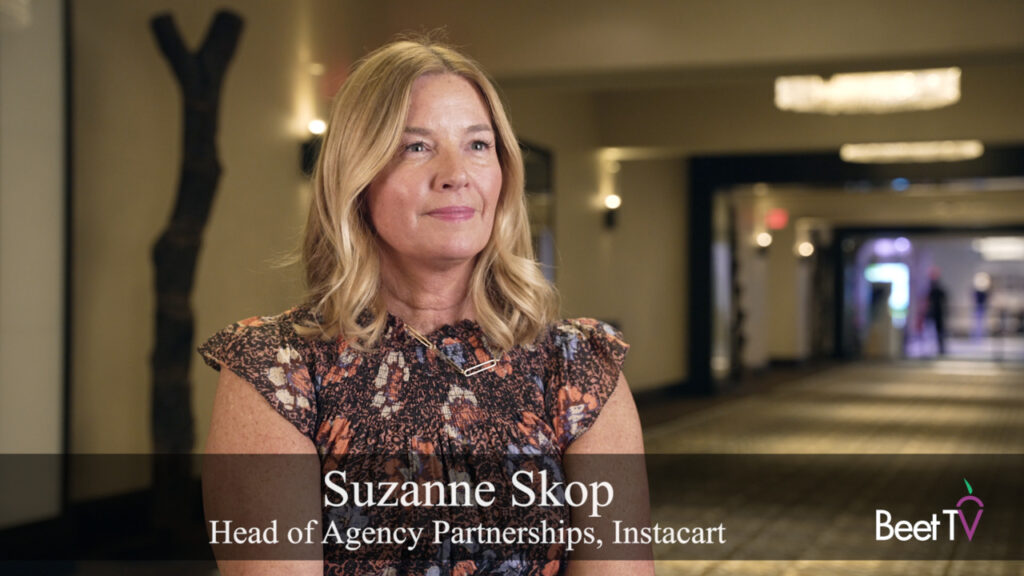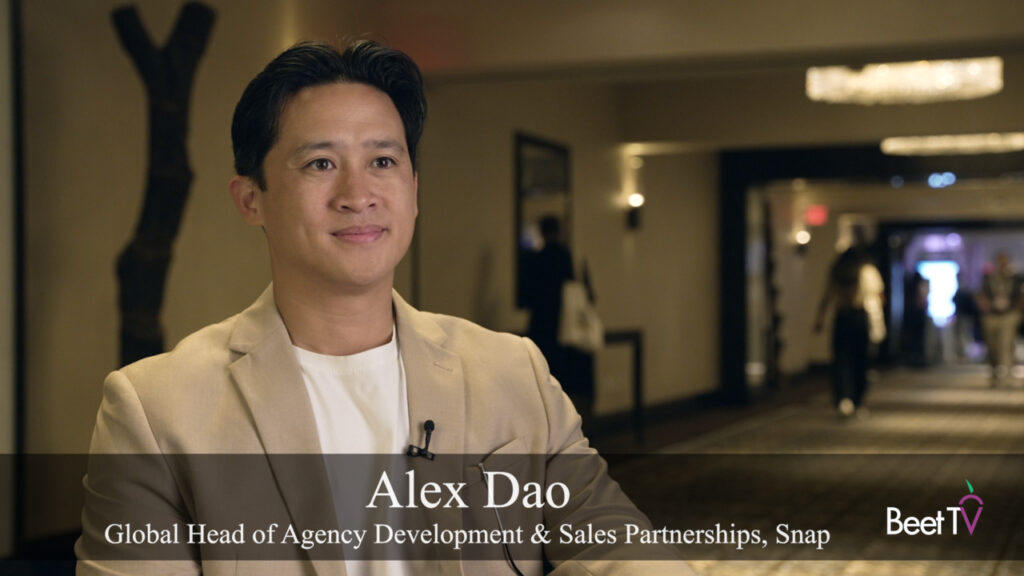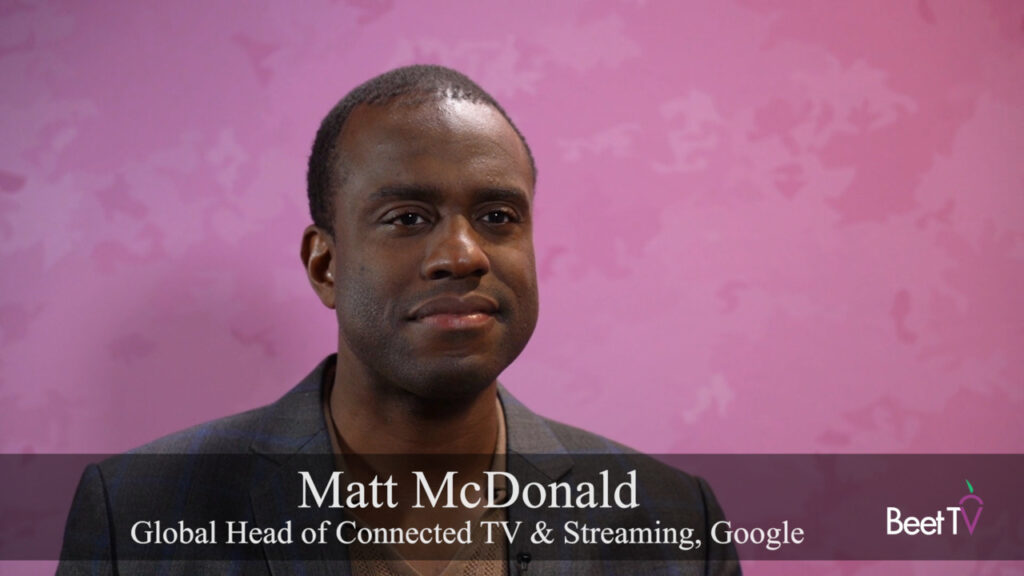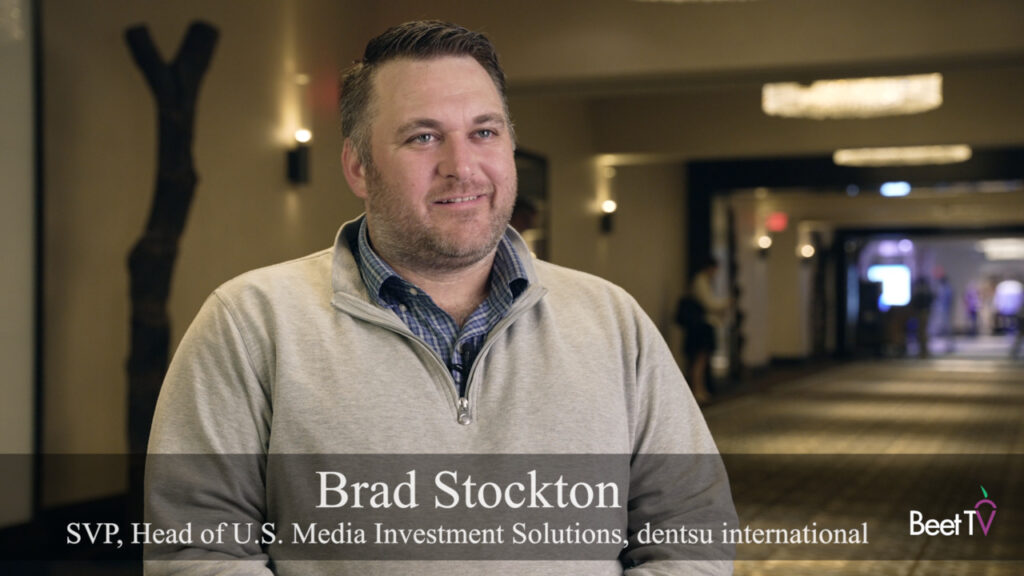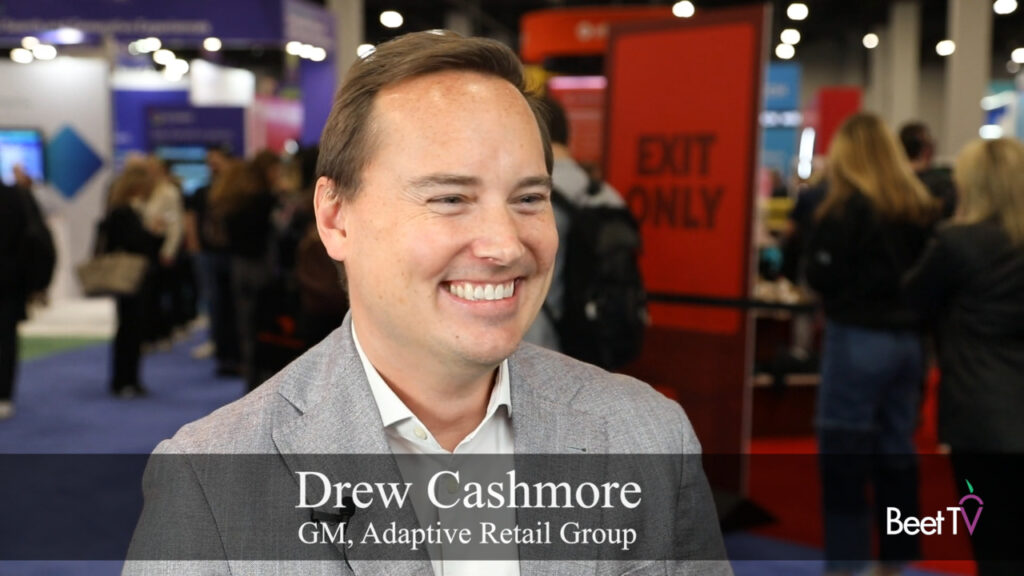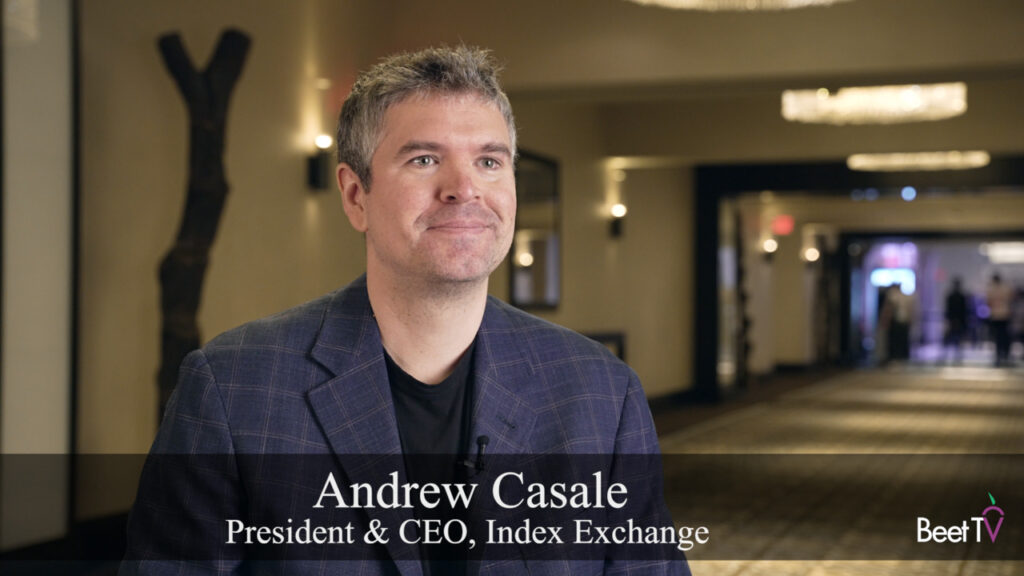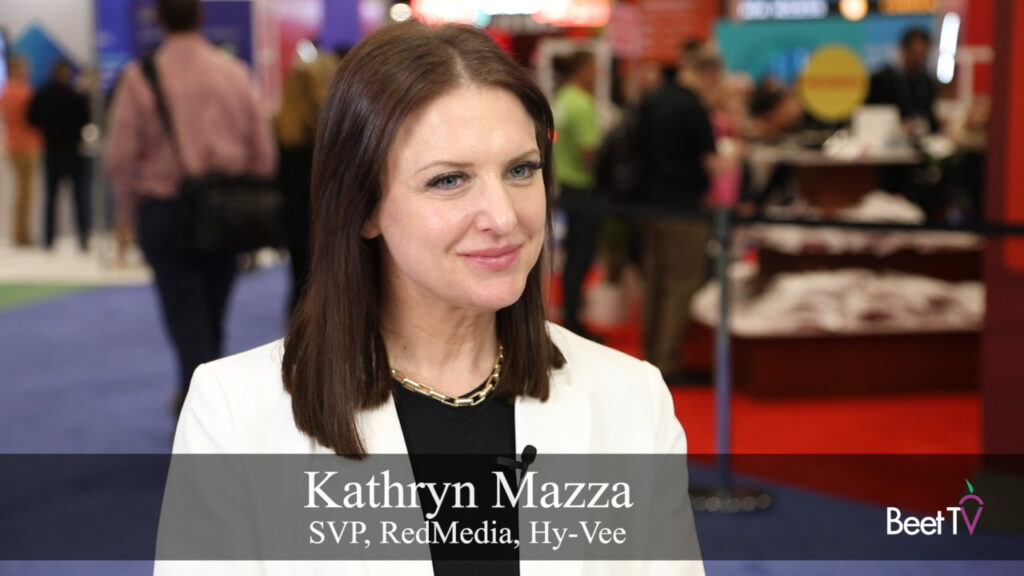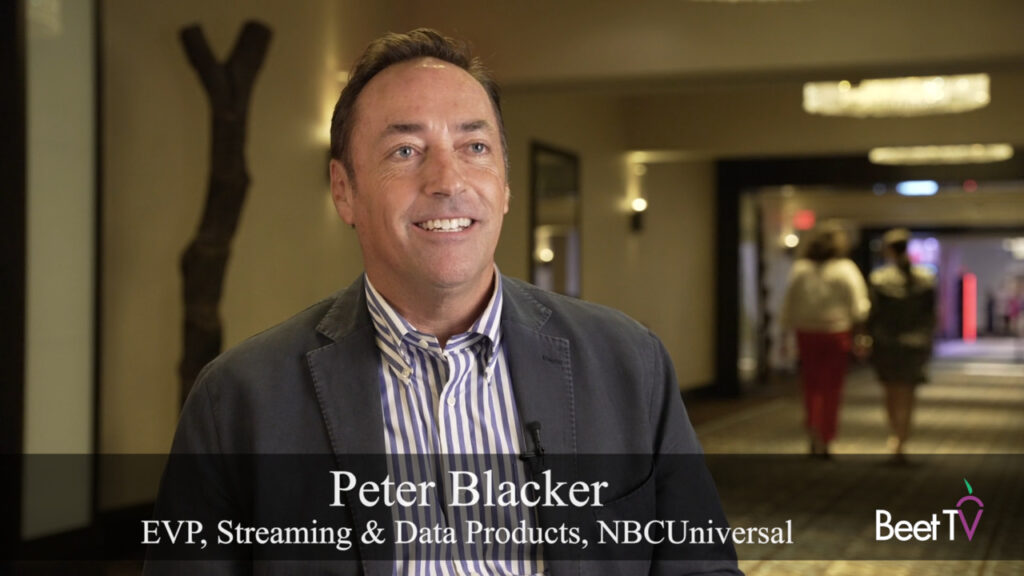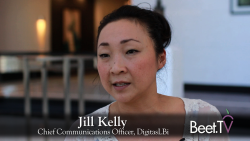
MIAMI – Anecdotal evidence of high turnover among younger workers at advertising and media agencies met the harsh reality of research conducted by LinkedIn and The American Association of Advertising Agencies, and the data paint a stark picture for the advertising world.
During a session at the annual Transformation conference of the Four A’s, it was revealed that among nine industries (including ad agencies) that compete directly for the same talent, ad agencies ranked last when it came to perceptions of its “work/life balance” and “long-term strategic vision.”
Moreover, the agency sector ranked next-to-last in “compensation and benefits,” “strong career path,” “job security,” and “values employee contributions,” according to the new research.
To Jill Kelly, Chief Communications Officer, DigitasLBi, the “sobering statistics” drive home the need for agencies to pay more attention to the influence that their managers have on attracting and maintaining young talent.
“One of the top five reasons that people leave is because they cannot see a portrait of themselves in the agency,” Kelly says in an interview at the conference. “That portrait is determined almost exclusively, or highly influentially, by the manager.”
According to Kelly, when one looks at agency teams that have the highest attrition rates versus those with the lowest, there is a direct correlation between effective managers and ineffective managers.
“What we are looking at is manager modeling,” Kelly explains. “If we have a high-performing team under a highly effective manager, how do we translate that behavior into our other managers within the system?”
While acknowledging that it’s very difficult for agencies to compete at the entry salary level with professional services companies like Accenture, IBM and Pricewaterhouse Coopers that have been encroaching on agencies’ turf, Kelly says agencies need to “up our game” in terms of how job prospects perceive them. She likens the situation to potential home buyers.
“If you’re in the market for a home and you enter a house and you can’t see your future in that house, you can’t see expanded family in that house, it’s very unlikely that you will walk through that front door as a resident of that house,” Kelly says. “Same thing for a potential employees. If they can’t see a future at your company, it’s highly unlikely that they will walk through the front door as an employee of that company.”
This video was recorded at the 4A’s Transformation conference in Miami. For additional interviews, please visit this page. Beet.TV’s coverage of the 4A’s was sponsored by The Trade Desk.







